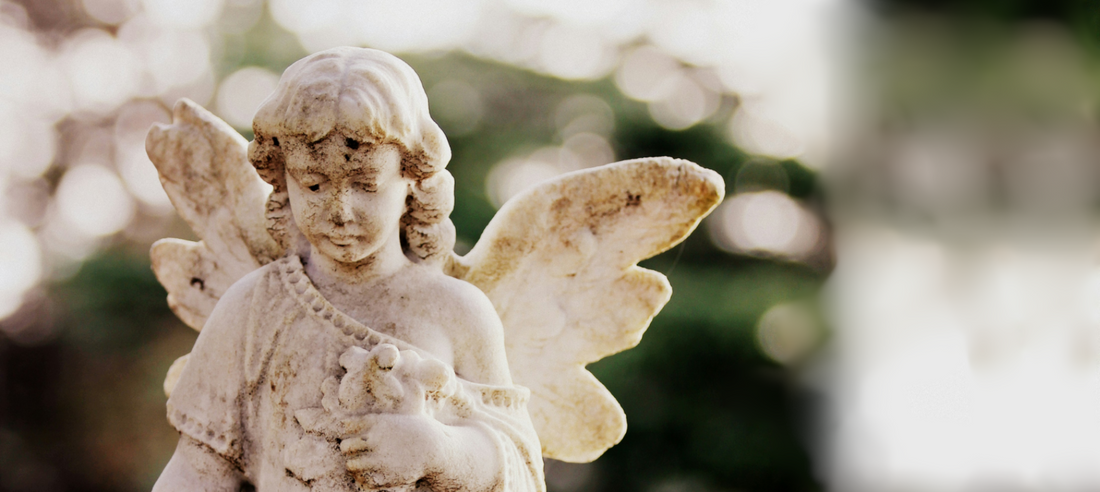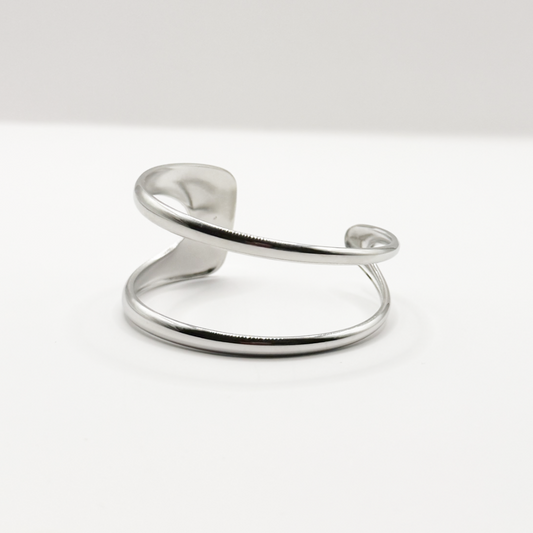Grief is one of the most profoundly personal experiences we go through in life. It comes in many forms and can be triggered by a wide range of losses: the death of a loved one, the end of a relationship, the passing of a beloved pet, or even the loss of a place or a time that once brought us joy. Grief is not limited to any one thing, and its reach is vast and complex. Yet, despite being such a universal part of the human experience, grief is often misunderstood and so hard to communicate to others.
Grief Belongs to You
One of the most challenging aspects of grief is how deeply personal it is. It is yours, and no one else can feel it in the exact same way. Even if others have gone through similar losses, their experiences will never be identical to yours. This uniqueness can sometimes make grief feel isolating. You may feel that no one else "gets it," and in a way, that’s true. No one else can fully grasp the depth of your emotions, the memories that haunt you, or the moments of pain that strike out of nowhere.
But here's the thing: that doesn't mean your grief is invalid or that you should minimise it because others might not understand it. It’s important to acknowledge that your grief is yours. It’s a testament to the love, the memories, and the connections you had with whatever or whomever you lost. It’s okay to own your grief and to honour it in your way, at your pace.
Relativity of Grief: No Loss is Too Small
Grief is a relative experience. What feels like a minor loss to one person may feel monumental to another. This is where empathy and understanding come into play. A person who has lost a goldfish may be just as heartbroken as someone who has lost a lifelong friend. It might be tempting to compare losses, to rank them in some kind of hierarchy, but grief doesn’t work that way. The emotional impact of loss is deeply tied to the individual’s relationship with what was lost, and that’s something no one else can measure.
Instead of saying, "They don’t get it," it’s more helpful to recognize that everyone’s grief is different but equally valid. Just because someone else’s loss doesn’t seem as significant to you doesn’t mean it isn’t earth-shattering for them. This understanding fosters a more compassionate environment, one where we can support each other without judgment or the need to compare sorrows.
The Power of Sharing Grief
Even though grief is a personal journey, sharing it with others who understand can be incredibly healing. Finding someone who has gone through a similar experience or who simply listens without trying to fix your pain can provide a sense of comfort and connection. It’s in these moments of shared vulnerability that we realise we’re not entirely alone. Others may not fully understand our grief, but they can walk alongside us, offering support, empathy, and kindness.
This is why communities, support groups, and even friendships are so crucial during times of grief. They offer a space where you can express your emotions, cry without judgment, and be heard. It’s not about someone else taking away your grief; it’s about knowing that you don’t have to carry it entirely on your own.
Grief is Both Yours and Ours
Grief, with all its pain and complexity, is yours to navigate. It is a reflection of your unique relationships, memories, and emotions. But even though your grief is personal, it doesn’t mean you have to carry it alone. Sharing it with those who care, accepting the empathy of others, and cherishing the tokens that help you remember what was lost—these are all ways to find solace and strength in the face of sorrow. In the end, while grief may belong to you, it’s the connections we make with others that help us heal.





